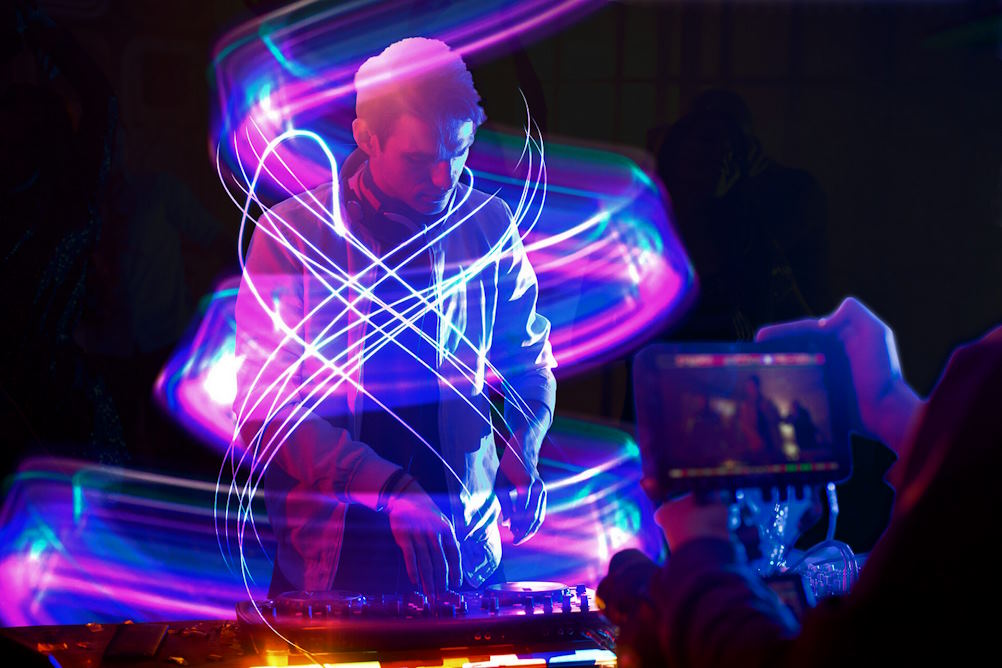Immersive Experiences: How Game Music Festivals Transcend Traditional Concerts

The evolution of game music from mere background accompaniment to a recognized and celebrated art form has paved the way for a new breed of festivals that celebrate the synergy between interactive gaming and dynamic musical compositions. No longer confined to the realm of gaming conventions, these festivals have become vibrant hubs where enthusiasts can revel in the auditory and visual splendor of their favorite video game soundtracks.
The Rise of Game Music Festivals
The recognition of game music’s artistic value laid the groundwork for the rise of dedicated festivals. These events, emerging from the intersection of gaming and music cultures, have become epicenters of creativity and celebration. No longer confined to the periphery of gaming conventions, game music festivals now boast unique identities, drawing enthusiasts from both the gaming and music communities. As we delve into the various festivals that have emerged, it becomes clear that these events offer more than just a showcase of musical talent; they are platforms for the convergence of diverse artistic expressions.
Elements of Immersion in Game Music Festivals
What sets game music festivals apart from traditional concerts is the unparalleled level of immersion they offer. Visuals and stage design play a pivotal role in transporting attendees into the worlds of their favorite games. Elaborate set designs and synchronized visuals create an atmosphere where the boundaries between the virtual and the real blur, providing an awe-inspiring backdrop for the musical performances. Interactive components and dedicated gaming zones further enhance the experience, allowing attendees to engage with the games that inspired the music being performed.

The incorporation of technology is another key element that elevates the immersive nature of these festivals. From augmented reality (AR) experiences to synchronized lighting effects, technology serves as a dynamic tool in amplifying the emotional impact of the music. Attendees find themselves not merely spectators but active participants in a multi-sensory journey where every note resonates with the visual and technological elements surrounding them.
Diversity of Musical Styles
Game music festivals are not limited to a specific genre; instead, they embrace a diverse array of musical styles. Attendees can experience everything from orchestral renditions of classic game soundtracks to electronic remixes that infuse new life into familiar tunes. The festivals celebrate the versatility of game music, showcasing how it can seamlessly blend traditional and electronic elements, appealing to a broad audience with varied musical preferences. This diversity not only caters to the eclectic tastes of attendees but also contributes to the festivals’ universal appeal, breaking down genre barriers and creating a shared musical language.

Community Engagement and Social Connectivity
Beyond the music, game music festivals foster a sense of community among attendees. These events become meeting grounds for like-minded individuals, where shared interests in gaming and music create lasting connections. Social interactions and networking opportunities abound, as enthusiasts from different backgrounds come together to celebrate their mutual passions. The festivals serve as platforms for artists, fans, and industry professionals to connect, collaborate, and forge relationships that extend beyond the confines of the event itself.
Highlighting Successful Game Music Festivals
Examining the success stories of prominent game music festivals provides valuable insights into what makes these events truly exceptional. Festivals like MAGFest (Music and Gaming Festival), Video Games Live, and BIT Summit in Kyoto have become pioneers in merging gaming and musical experiences. MAGFest, for instance, stands out for its 24-hour gaming rooms, diverse musical lineup, and the integration of arcade and tabletop gaming experiences. Video Games Live, a touring concert series, has successfully brought game music to mainstream audiences globally, showcasing the widespread appeal of these performances.
These case studies illuminate the unique features that have contributed to the success of game music festivals. Whether through innovative programming, strong community engagement, or a commitment to pushing artistic boundaries, these festivals have left an indelible mark on the intersection of gaming and music culture.
